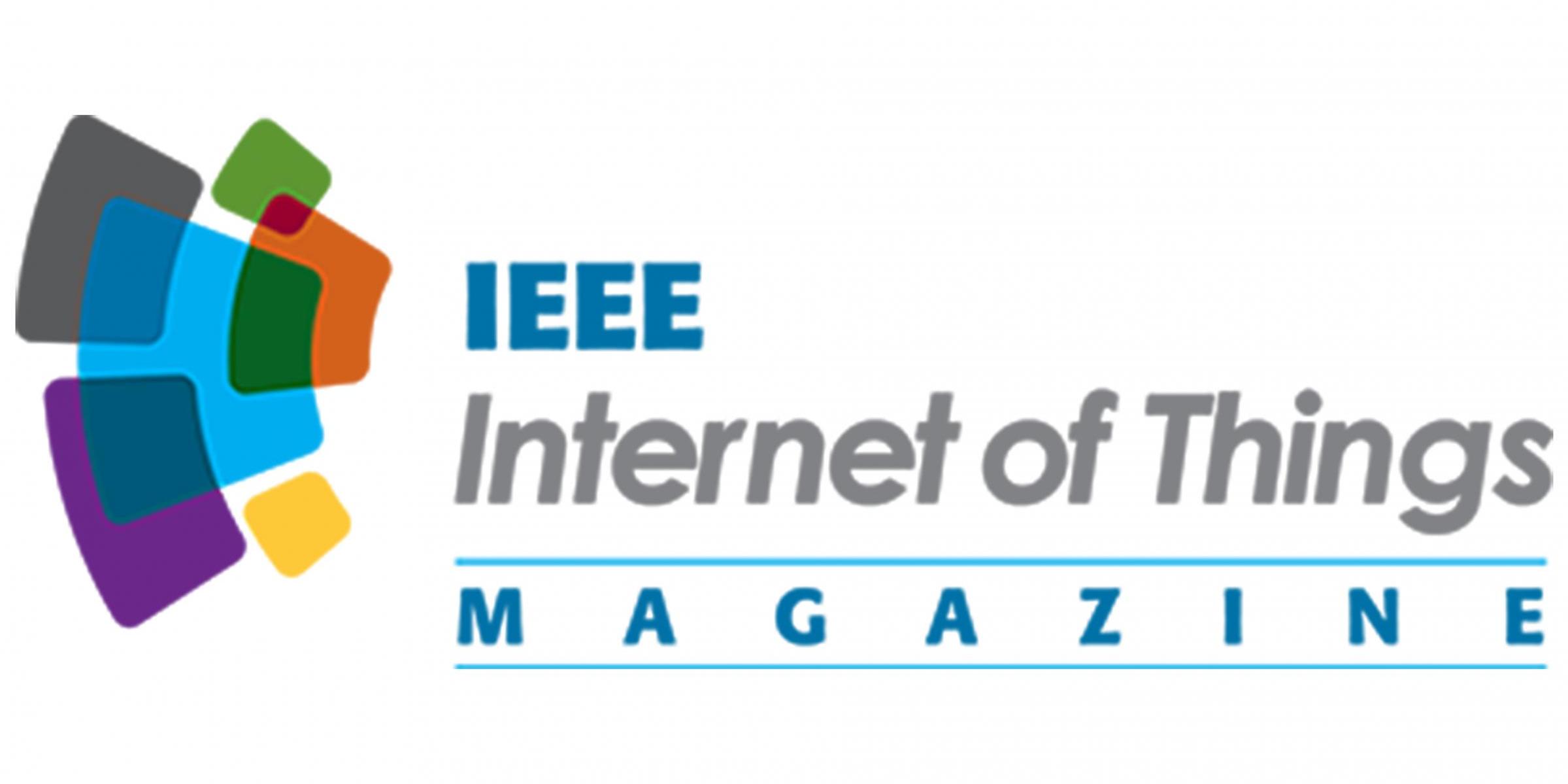LoRa has gained popularity in realizing IoT applications by facilitating long-range communication with low power consumption. However, LoRa faces scalability issues due to its unsophisticated random access (RA) protocol, Aloha, which is vulnerable to collision and not scalable in dense network scenarios. In contrast, distributed queuing (DQ), a collisionfree contention-based RA protocol, is a promising candidate for replacing Aloha because of its near-optimal performance and independence from the traffic load and pattern. However, DQ is not compatible with LoRa, as it was initially designed to operate on CableTV that supports the full-duplex (FDX) bidirectional link. In FDX, the contention feedback overhead is negligible. Most wireless networks, such as LoRa, support the half-duplex, for which feedback overhead is considerable. Furthermore, a reduction in efficiency is aggravated under a multi-channel environment because of an unbalanced traffic load. This study proposes a joint distributed queueing protocol to consider contention for LoRa that minimizes control overhead and achieves inter-channel load balancing. Our analysis shows that the proposed protocol reduces the control overhead by up to 70% compared to DQ. The protocol performance demonstrates near-optimum throughput and access delay, irrespective of the number of arrivals.
Authors: Junhwan Huh , Dion Tanjung , Dong-Hyun Kim , Seunggyu Byeon , and Jong Deok Kim
Journal: IEEE Internet of Things Journal
Publisher: IEEE
DB: SCIE
Impact Factor: 9.471 (in 2021 )

Comments ( 0 )